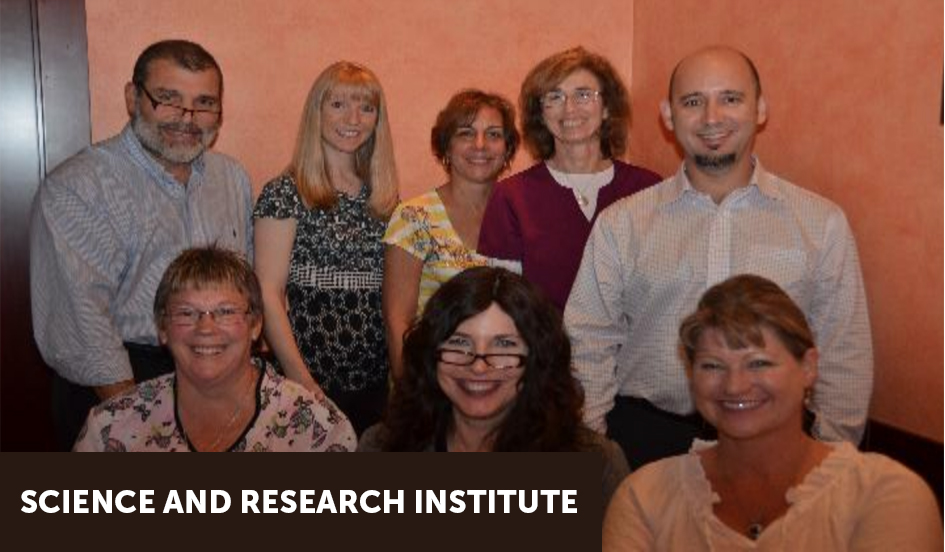Guides to Clinical Trials
People volunteering to participate in a clinical trial do so for a number of reasons. Some participate to help in the advancement of science. Some people participate because they suffer from a disease for which there are limited options available and they want to benefit from a medication not currently available while others join a clinical trial hoping to improve the medical care they are receiving. If a person does not have health insurance, clinical trials are a way to receive study-related medical care.
A clinical trial is a carefully designed study where people can receive investigational treatments under close supervision by a physician and other research professionals. Pharmaceutical and biotechnology companies have developed these treatments and work closely with carefully selected physicians, called investigators, who are qualified to conduct clinical trials. It is through these clinical trials that investigational drugs may show their benefits.
Many safeguards are in place, and all clinical trials are independently reviewed by Institutional Review Boards.
These independent boards protect your rights and work to avoid unnecessary risks. There are usually three phases of clinical trials, with each phase involving a larger number of people.
Volunteers will receive an investigational treatment or study drug. Some will receive a placebo or a treatment already available.
A placebo is an inactive product used as a basis of comparison for the results of the study drug. Usually the participant, doctor, and staff may not know what drug a volunteer is receiving to maintain objectivity. Whether you receive a placebo or the investigational drug, the level of medical attention is the same.
Once a volunteer enrolls in a study, you will receive a physical examination. Your study physician or a research staff menber will reveiw your medical history as well. You will be asked to sign a consent form, which will consist of a detailed explanation of the study explaining in detail the risks and potential benefits.
Volunteers will recieve quality patient care and medical attention. Discussing your medical treatment with your investigator or a research staff member at any time during the course of the trial is encouraged.
It is very important that volunteers take all medication as prescribed, and all scheduled visits are completed.
Most of the volunteers appreciate the medical attention that they receive when they participate in a trial. If symptoms occur or if medication schedules are missed, the staff must be notified. Confidentiality and privacy cannot be guaranteed, but every effort will be made to protect participants. Results of the research study may be presented at meetings or in publications, but patient identities of the participants will not be disclosed. As a volunteer, you have the right to leave the study at any time and for any reason.
When the study ends, several things may happen. For a serious illness, a company might continue to provide the study medication to patients who are responding well. In this case, a patient may not have to wait for the drug to become available to the public.
After a study is complete, all of the information is collected and analyzed. This infomation determines whether a study drug is working, whether it is safe and whether it has any side effects. This data is carefully reviewed by medical advisors and specialists before any drug is approved. Even after a drug is approved, studies that compare the new drug to other drugs currently available continue.
Without volunteers, there would be no new drugs to fight diseases and ailments.
